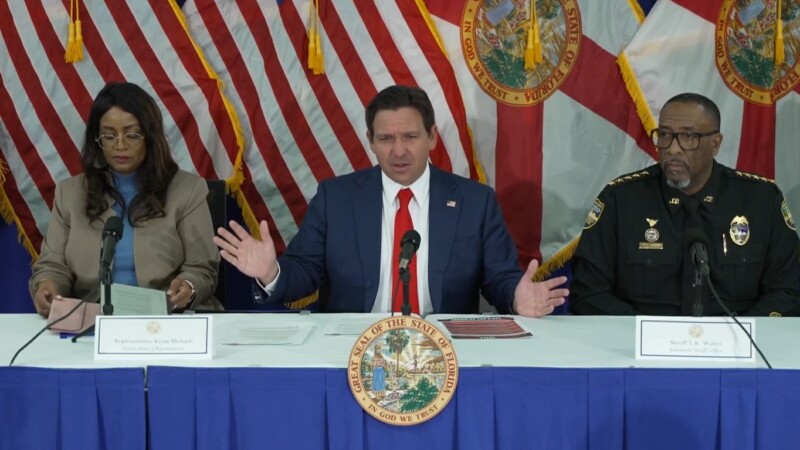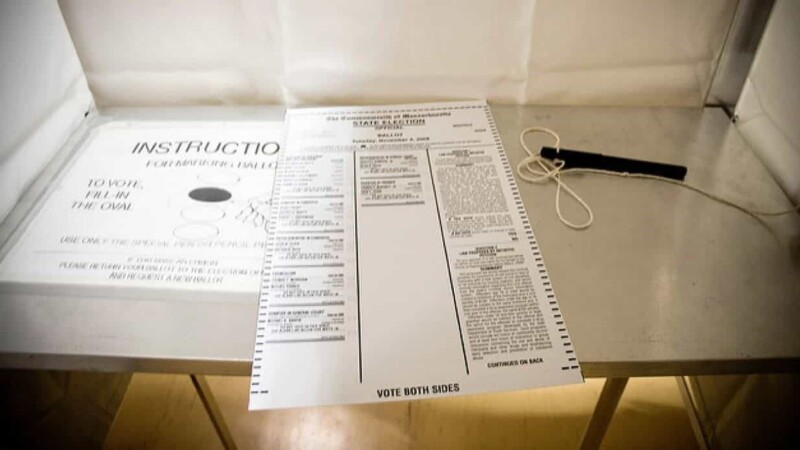Interest rates could be going up across the board for consumer finance loans in Florida.
A pair of bills, HB 1347 and SB 1436, would modify the scale of interest rates that payday lenders are allowed to charge borrowers, according to the bill text.
The legislation would raise the maximum interest rates, based on the principal amount borrowed, to the following levels for consumer finance loans:

For example, those who borrow $5,000 would see interest rate caps increase from 26.4% to 36% under the proposed legislation.
If the bill becomes law, it’s likely that more consumer finance loans will be issued by Florida lenders — and that borrowers will have more expensive interest payments, according to the bill analysis.
Financial experts are wary of what those payments will mean for low- and middle-income borrowers.
Kristin Washington, a Realtor who frequently works with low-income buyers in Tampa, said she has observed more people relying on payday lenders to cover their everyday expenses.
“So, we see an increase in the amount of our borrowers that are going to these places, and it … puts them into this revolving door that just never stops,” she said.
Washington said she believes that current payday lending rates in Florida — capped at 30% — are predatory to low-income borrowers. She said she is worried about what even greater interest payments will mean for a group of borrowers that’s already at a high risk of default.
Florida’s usury law, or the rules that govern reasonable interest rates for lenders, generally prohibits interest rates above 18%, except in the case of consumer finance loans, according to the bill analysis.
Certified financial planner Kimberly Overman, who is also a former Hillsborough County commissioner, said that it’s typical for lenders to raise interest rates on loans that are at high risk of default. It’s a way of managing that risk, she said.
In this case, she believes the legislation does more to protect lenders than consumers.
“It is ironic that we have legislators that are complaining about inflation cost, but at the same time, they allow legislation like this to move forward that adds to the cost of the household budget, when people get to a place where they’ve used up all of their reserves,” she said.
In a staff analysis of the House bill, legislators acknowledge potential positive and negative effects on consumers, including the “increased opportunities” to consumers who may qualify for larger loans under the new bill terms.
The bill would also require lenders to offer a free, but optional, consumer education course to borrowers when a loan is made.
Overman said she believes financial resources should be mandatory and offered in advance of signing.
“By that point, it’s too late. The consumer has signed on the dotted line to the interest rates that are being charged that are considered, in my opinion, too high,” she said.
The pair of bills is moving towards a vote in the full House and Senate.
9(MDEwNzczMDA2MDEzNTg3ODA1MTAzZjYxNg004))







